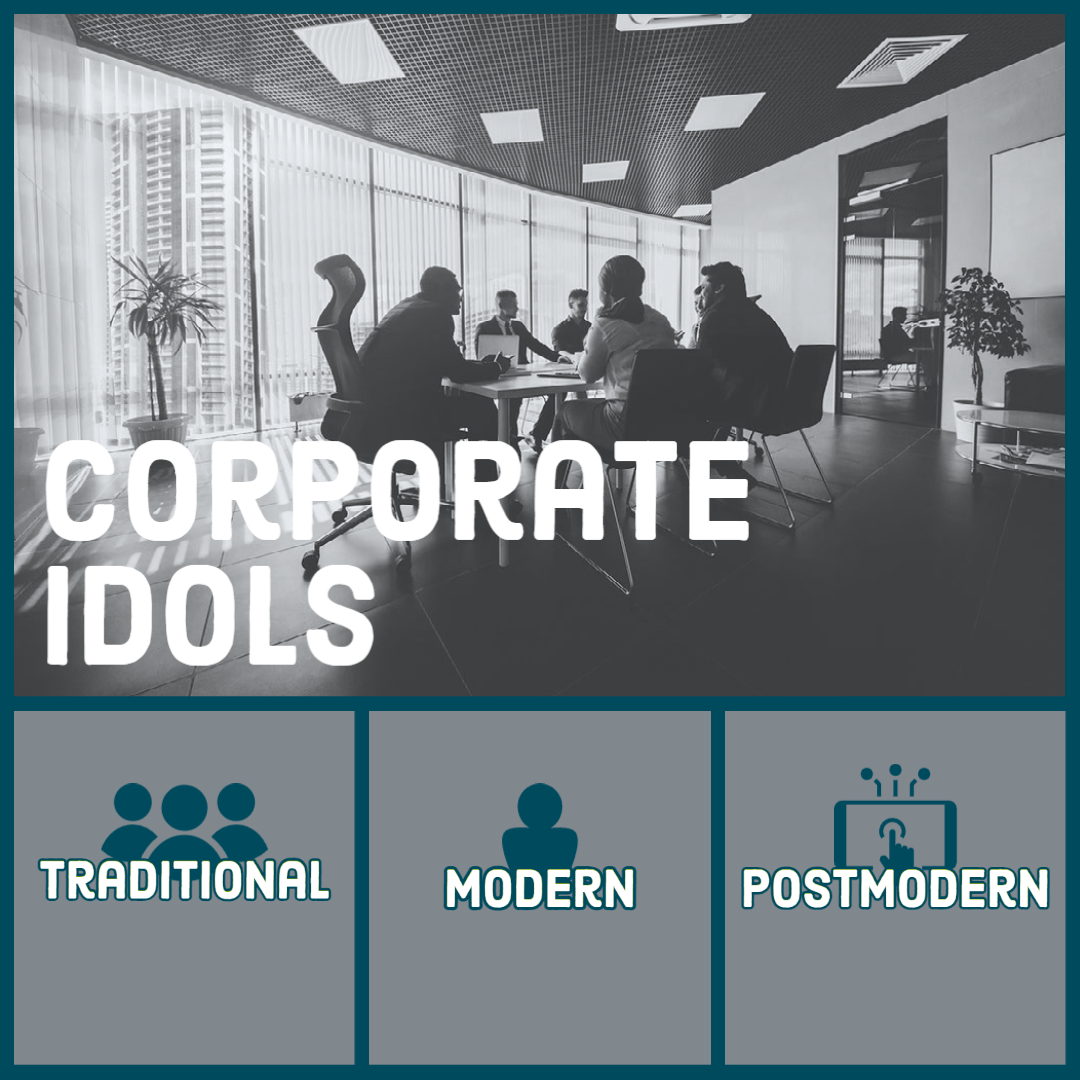
We're now in the second part of Timothy Keller's book, "Every Good Endeavor." This part is all about our problems with work. The problems stem from the fall and the fact we live in a broken world. Let's read Genesis 3:16-19 as God tells Adam and Eve what they will endure because of their sin:
"To the woman he said, 'I will surely multiply your pain in childbearing; in pain you shall bring forth children. Your desire shall be contrary to your husband, but he shall rule over you.' And to Adam he said, 'Because you have listened to the voice of your wife and have eaten of the tree of which I commanded you, "You shall not eat of it," cursed is the ground because of you; in pain you shall eat of it all the days of your life; thorns and thistles it shall bring forth for you; and you shall eat the plants of the field. By the sweat of your face you shall eat bread, till you return to the ground, for out of it you were taken; for you are dust, and to dust you shall return.'"
What God explains to Adam and Eve isn't just what they have to go through, it's the same for us today. Both childbearing and farming are now called "painful labor." We saw in part 1 of the book that God blessed work to be a glorious use of our gifts and his resources to prosper the world; however, it is now cursed because of sin. While God still uses work for good, we are going to have "painful", difficult, and/or frustrating moments at work.
Next week we're going to stay in the same chapter. Until then I want you to think of some of the positives of your current job and some of the negatives that come with it. Feel free to share below.

"thorns and thistles it shall bring forth for you; and you shall eat the plants of the field." - Genesis 3:18
Because of the fall, things are broken. Work is going to be frustrating at times, you're not going to find the perfect career where you're never frustrated at work. The important thing is that you've chosen to be where God has called you. Sometimes this means changing vocations because God has called you elsewhere.
While there are going to be thorns and thistles in your job because of this broken world, there should also be some fruit produced from your work. Before next week, take some time to reflect on your current job. Is this where God is calling you, or is God calling you somewhere else?

In chapter 5, we talked about work being fruitless. Maybe you don't feel like your work is fruitless. That's great if you're accomplishing a lot through your work; however, ultimately it is pointless if life "under the sun" is all there is. (I know this sounds depressing and dark, but please stay with me)
Have you ever read the book of Ecclesiastes? The author of the book starts with trying to discover the meaning of life "under the sun." The first is through learning and wisdom (1:12-18; 2:12-16). The second is through the pursuit of pleasure (2:1-11). And finally, the pursuit of achievement through hard work (2: 17-26). Here's the conclusion the author came to:
"I hated all my toil in which I toil under the sun, seeing that I must leave it to the man who will come after me, and who knows whether he will be wise or a fool? Yet he will be master of all for which I toiled and used my wisdom under the sun. This also is vanity. So I turned about and gave my heart up to despair over all the toil of my labors under the sun." (Ecclesiastes 2:18-20)
In the end, there are no lasting achievements. You can work hard all through this life in your work, and it all goes away when you're gone. This might leave us feeling like the author of Ecclesiastes is -- life (and work) is meaningless. Have you struggled with this feeling before? While this was a more depressing section of chapter 6, please come back next Saturday for some encouragement in spite of what we discussed this week.

People have so many choices when it comes to deciding their job -- which can be both a good thing and a bad thing. With all the choices, so many people aren't actually choosing jobs that fit their abilities, talents, and capabilities. While not everyone is doing this, a lot of people are choosing work that can help boost their self-image. There are 3 kinds of "high-status" jobs (some of this was discussed in the first part of the book): jobs that pay well, jobs that directly worked on society's needs, and jobs with a "cool" factor. So many young people see career selection as an identity marker instead of seeing it as a way to use their gifts/talents and passions to contribute to the world.
We don't have to define ourselves by the status of our work. Be honest, do you find your identity (or at least part of it) in your career? Did you select your career because of the status or because it's truly your passion?
Finding satisfaction in your work doesn't mean that there won't be toil -- we live in a fallen world. However, it's about finding the balance between toil and tranquility. Set a reminder for next Saturday as we discuss how to find this balance in our life.

Last week we mentioned the balance of toil and tranquility in our work. How do we attain this balance?
- We must recognize and renounce our tendency to make idols of money and power.
"Then I saw that all toil and all skill in work come from a man's envy of his neighbor. This also is vanity and a striving after wind." (Ecclesiastes 4:4)
2. We must put relationships in their proper place, even if it means making less money (which it likely will).
"One person who has no other, either son or brother, yet there is no end to all his toil, and his eyes are never satisfied with riches, so that he never askes, 'For whom am I toiling and depriving myself of pleasure?' This also is vanity and an unhappy business." (Ecclesiastes 4:8)
3. Most importantly, our focus must be on Jesus. He is our ultimate source of tranquility.
"Come to me, all who labor and are heavy laden, and I will give you rest. Take my yoke upon you, and learn from me, for I am gentle and lowly in heart, and you will find rest for your souls. For my yoke is easy, and my burden is light." (Matthew 11:28-30)
We're going to wrap up this chapter (which we've covered over the last 3 weeks), with a quote from the book: "Without the gospel of Jesus, we will have to toil not for the joy of serving others, nor the satisfaction of a job well done, but to make a name for ourselves"
Which of the three points above are you going to focus on working on this week?

We've read in previous chapters that work is both fruitless and pointless. On of the reasons for this is humans tend to make work and it's benefits a main basis of one's identity and meaning. As we read in the first part of this book, this isn't God's design for work! We shouldn't go into work/choose our career to try and be better than one another or prove something.
"Then I saw that all toil and all skill in work come from a man's envy of his neighbor. This also is vanity and a striving after wind." (Ecclesiastes 4:4)
Are you trying to make a name for yourself through your work? Let's take a look at the famous story of the Tower of Babel in Genesis 11 (feel free to read through the whole story, I'm just going to focus on one part of it). There were two reasons given for the building of the tower. The second, deeper meaning for building the tower is seen in verse 4: "Then they said, 'Come, let us build ourselves a city and a tower with its top in the heavens, and let us make a name for ourselves, lest we be dispersed over the face of the whole earth.'"
The motivation behind the builders' work here is the same for so many people today: to make a name for ourselves. This motivation can lead to being prideful and a need for personal significance, which in return can cause competition, disunity, and strife. When we become so focused on ourselves and building a name for ourselves, work becomes an idol. When we idolize something other than God, disappointment is just around the corner.
I want to leave you today with a quote from C.S. Lewis on pride from his book "Mere Christianity":
"Now what I want you to get clear is the Pride is essentially competitive ---is competitive by is very nature…. Pride gets no pleasure out of having something, only out of having more of it than the next man. We say people are proud of being rich, or clever, or good-looking but they are not. They are proud of being richer, or cleverer, or better-looking than others."
Really take some time to reflect on that quote. Do you need to evaluate your motivations for your work?

We have a counterfeit god if we take anything in creation and begin to "bow down" to it. A lot of times, the thing that is being idolized isn't bad in itself. However, idols typically form when you take a good thing and make it into the ultimate thing. Idolatry has power over our hearts, which leads to it having power over our actions. Let's take a look at some of the common personal idols we see that affect people's work:
• Idols of comfort and pleasure: make it hard for a person to work hard enough to have a faithful and fruitful career
• Idols of power and approval: lead people to overwork or be ruthless and unbalanced in work practices
• Idols of control: can cause intense worry, lack of trust, and micromanagement
There are also corporate or cultural idols which as you can imagine can lead to social and cultural trouble. We're going to look more at the problems with cultural idols next week.
Before then, take some time to think about idols or potential idols in your life. What are some things you can do to keep good things in your life from becoming ultimate things?

A corporate idol is an overemphasis and absolutizing of an admirable cultural trait. Each culture's emphases will probably have some beneficial influences on work as well as harmfully distort it. This week, we're going to discuss three types of corporate idols and the potential problems they have with work.
Idols of Traditional Cultures: make idols out of social stability and the good of the whole over the rights of the individual. This has a major impact on business practices. The book uses the example of Japan, which is largely still a traditional culture. In Japan, it isn't acceptable for workers to move from company to company to find a better salary. It also isn't acceptable for companies to lay off workers to sustain profits. There can be some benefits to this; however, it can also cause problems.
Idols of Modern Cultures: modern society shifted to being more focused on the individual (idolizing yourself). In this society, productivity and efficiency are higher than in traditional societies; however, it came at a cost. In many situations business practices have declined -- more dangerous situations, people treated as "machines", etc.
Idols of Postmodern cultures: "means-without-an-end" idolatry where technology, uncertainty, and the market have become the idols. In a postmodern society, people can't agree about "ends" or goals for the human race, so they resort to "means" or techniques. This has had a big impact on the fields of media, entertainment, and marketing. The major problem with postmodern cultures is deception, fraud, and self-interest actions.
As societies adopt postmodernism, Christians might have a hard time and find themselves swimming against the very strong currents of the corporate idols of society. This is because Christians have a deeper understanding of human well-being and are focused on more than oneself.




